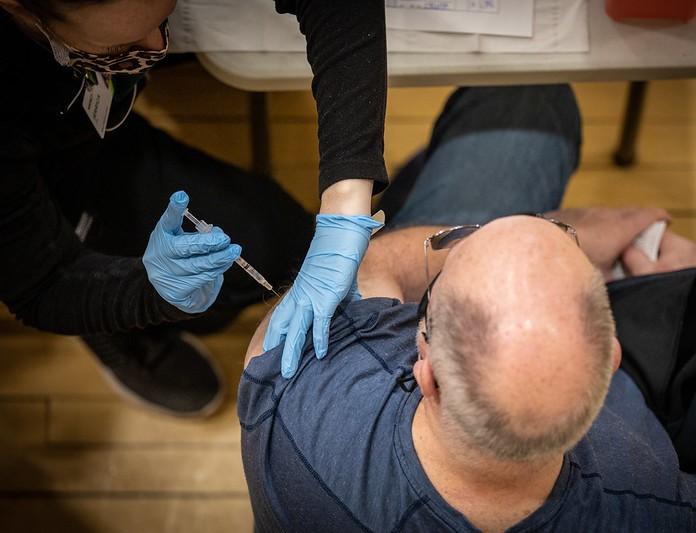The World Health Organization (WHO) has set an August 14 date for a meeting of its emergency committee to discuss developments regarding a surge of mpox activity in Africa and if the situation warrants a public health emergency of international concern (PHEIC).
.jpg)
Some of the outbreaks in Africa involve the novel clade 1b strain that emerged in the Democratic Republic of the Congo (DRC), which has been battling a severe outbreak since 2022. Some of the DRC's neighboring countries, which hadn't confirmed any mpox cases before, are now reporting cases. Also, the parent clade 1 virus is spreading in the DRC and two other countries, and the global clade 2 mpox strain is fueling outbreaks in some of the DRC's regions and in other African countries.
Health officials are working to better understand the spread patterns and if there are differences in transmissibility and disease severity among the clades. The DRC's outbreak has been marked by sexual spread for the first time in the African region, along with household contact and suspected contributions from respiratory transmission.
For now, the countries lack vaccines and treatments to battle the virus.
Second emergency committee for mpox in 2 years
The upcoming emergency committee meeting will be the second to grapple with mpox. In June 2022, the WHO convened an emergency committee to address challenges with the international spread of the clade 2 virus and said the situation didn't at that point warrant a PHEIC. A month later, the group met again and wasn't able to reach a consensus, but WHO Director-General Tedros Adhanom Ghebreyesus, PhD, considered their advice and declared a PHEIC.
After the group met for the fifth time in May 2023 amid a steady decline in clade 2 cases, Tedros accepted the group's recommendation that the situation no longer constituted a PHEIC and that long-term challenges could be best handled with sustained response efforts.














